Mealworms for Birds
Our British-bred mealworms will give your garden birds the vital nutrients they need to flourish.
Mealworms can be easily fed to birds; just add them to a shallow dish, making sure to place them in clear view of visiting birds.
The live mealworms and wax worms we supply come in a range of tub and feeding sizes. We also offer dried mealworms if you'd prefer not to deal with live, wriggling worms! These freeze-dried worms make a great addition to our bird seed mixes (and delivery is free if your order includes at least one seed mix).
Browse our selection of mealworms for wild birds below:
Featured Products
Mealworms Are a Rich Source of Protein, Fibre and Fats
Both mealworms and wax worms are packed full of essential nutrients that are key for muscle development in birds.
Mealworms are the larvae of the Flour Beetle and are made up of around 50% protein and 50% water, making them one of the most protein-dense and hydrating feed options for wild birds and chick alike.
Mealworms are a natural part of many wild birds’ diets, and are readily enjoyed by a wide variety of wild birds including robins, blue tits, blackbirds, starlings, dunnocks, sparrows, and wrens.
Do you have any questions about storing and caring for your live mealworms? Check out our mealworm FAQs below...
Mealworm FAQs
- What type of bird feeder should I use for mealworms?
Mealworms - especially live mealworms - should be placed in unobstructed dishes that give the birds a clear view of their food.
Luckily, we offer a selection of specially-designed mealworm feeders along with an array of feeding stations so you can easily provide mealworms for your garden birds.
Window feeders lend themseves to mealworms - and it is fab to get a really close up view of your robin and other small birds visiting. Caged feeders are also useful since they limit access to the bigger birds which can devour a whole pot of mealworms in an instant!
- Can I soak dried mealworms?
Dried mealworms have the benefits of being significantly more convenient to keep and having a much longer storage life! You can also soak them in water as a great way to help your local birds stay hydrated.
Simply soak your dried mealworms in clean water for about 30 minutes before putting them out, et voila!
- Are live mealworms better than dried?
Both dried and live meal worms are great sources of fat, protein, and fibre, although live mealworms offer more hydration. For this reason, we recommend using live mealworms during fledgling season (i.e. spring and summer) so that your local chicks can get as much water as possible.
Plus, during the breeding season, the activity rate of small birds can be 100 times greater than during the winter months, and their energy requirements are phenomenal. This is why it is so important to feed them easily digestible food at this time of year.
At other times of year, it doesn't make much difference whether you use live mealworms or dried mealworms. One benefit of our freeze-dried mealworms is that they can be added to our seed mixes for extra nutrition.
- Where do your live mealworms come from?
Our live mealworms are grown in the UK for us and are BRITISH BRED! There are many companies importing mealworms from the Continent. Ours are UK grown and will be fresher. They won't have travelled from Europe.
- If I order some mealworms - what can I expect to receive?
Live mealworms are delivered by Royal Mail. They will arrive in a cardboard box and within the box will be either some plastic tubs, or a white polypropylene bag with a cable tied top. Either option is available to try. The larger quantities come in white bags, but if you are new to feeding mealworms, plastic tubs can be really easy because you can just remove the lid and put them out on your bird table (or the ground). Please don't worry if the plastic tubs don't have air holes punched in them - the lids are made of breathable material so the mealworms will be fine!
- Do the mealworms smell?
No! There is no smell given off by mealworms if they are kept in the correct conditions. There will be some bran or some clean newspaper in with them when they arrive. For those that are in tubs - you need do nothing. If you have bought a larger sack of them, we would suggest transferring them into a shallow, smooth sided tray or tub.
- How do I store live mealworms?
The best place to store mealworms is in a cool, dark, well ventilated dry place (ideally at a temperature of between 8-10 degrees C). If kept at this temperature they will survive for 2 - 3 weeks. If you buy larger amounts and decant them into your own containers, I would recommend that you store them so that they are at a maximal depth of 1" deep. Cat litter trays are quite good! If they are stored too deep - their waste material (poo!) will build up and their living environment will be less pleasant.
Live mealworms can be easily stored in a garage or utility rooms since they are clean and odourless. If you want them to last longer, you can keep them in the warmest part of your fridge.
- If I order live mealworms today, when will I receive them?
All live foods are sent by First Class Royal Mail. They may therefore take 3-5 working days and will arrive separately from the rest of your order ( which should arrive with you on next working day delivery). Orders received before 10.00am on Monday-Thursday will be dispatched on the same day. Orders received on a Friday-Sunday will be dispatched on the following Monday.
We are ultra careful around Bank Holidays ( especially during the summer months). We tend not to dispatch immediately before a Bank Holiday just in case they get held up in a warm sorting office somewhere - which will speed up their metamorphosis! So if you would like to order around a bank holiday, please order a few days earlier.
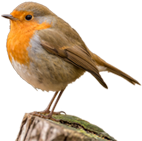

Welcome to Really Wild Bird Food!
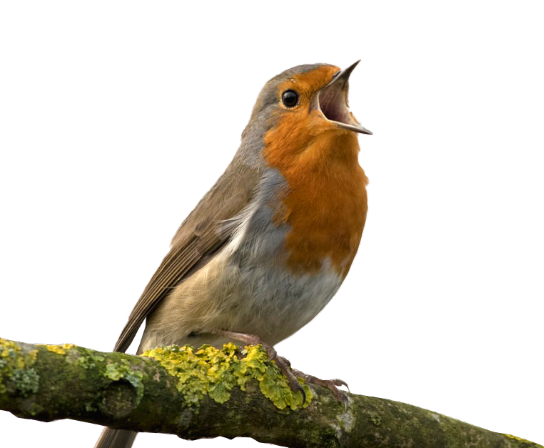

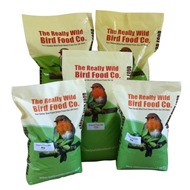














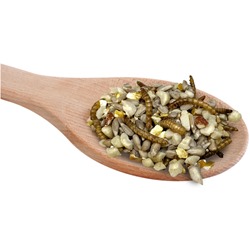
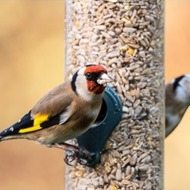





















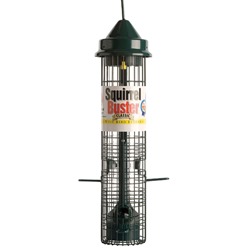
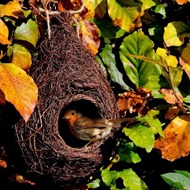












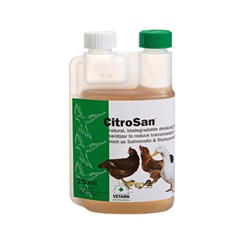












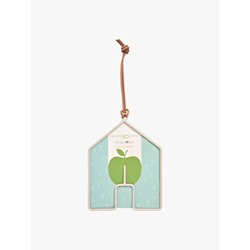

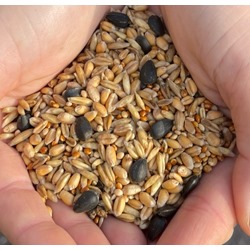




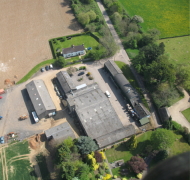






















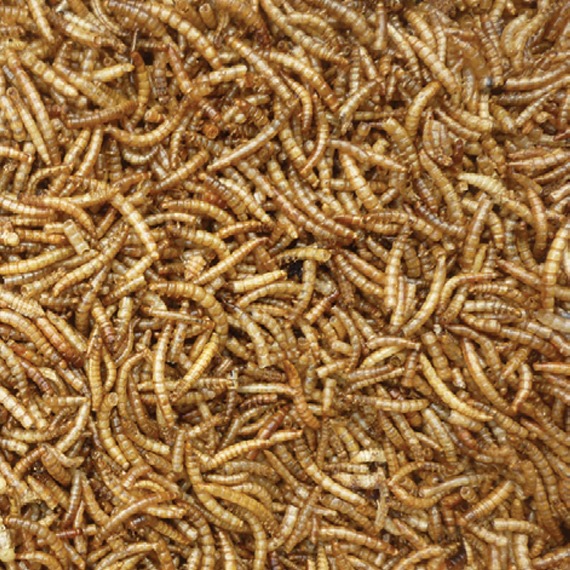 Dried Mealworms
Dried Mealworms 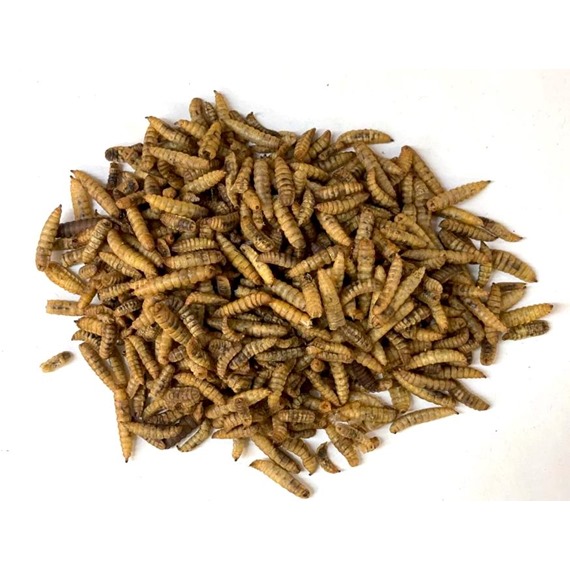 Dried Calci-worms
Dried Calci-worms 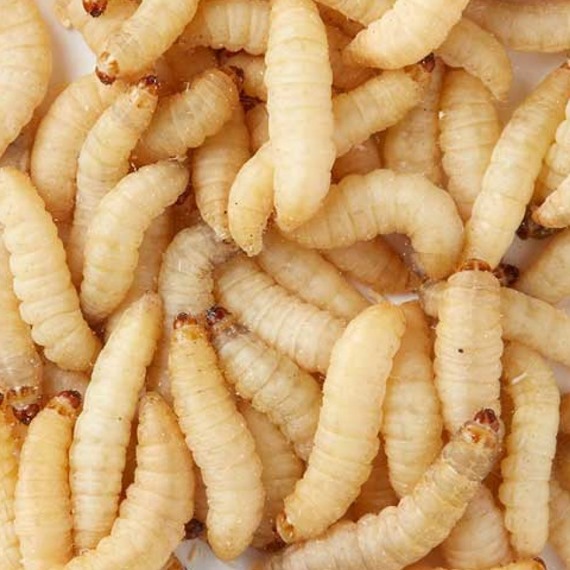 Live Wax Worms
Live Wax Worms 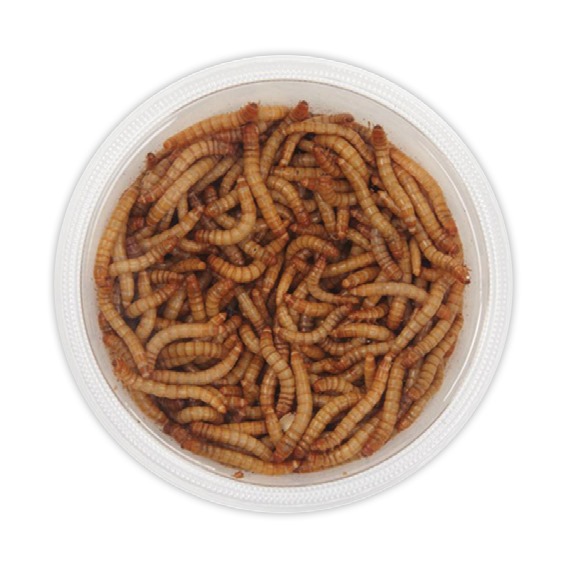 Live Mealworms
Live Mealworms 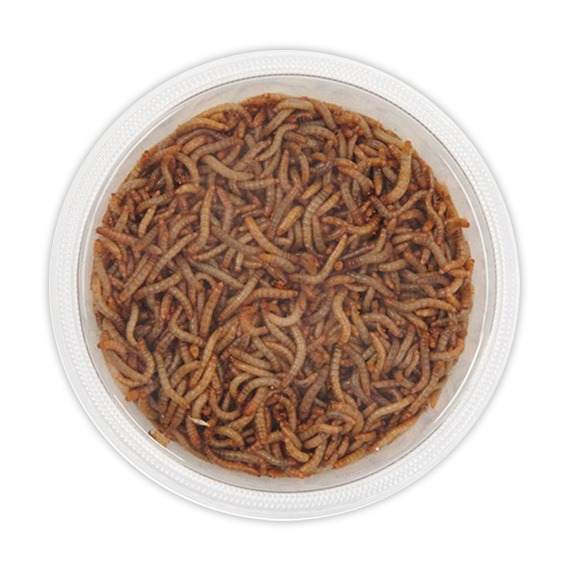 Live Mini Mealworms
Live Mini Mealworms 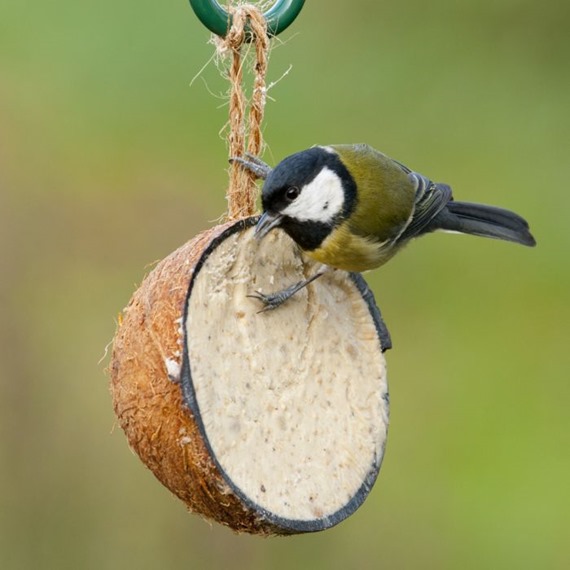 Half Coconuts with Mealworm Flavoured Suet
Half Coconuts with Mealworm Flavoured Suet 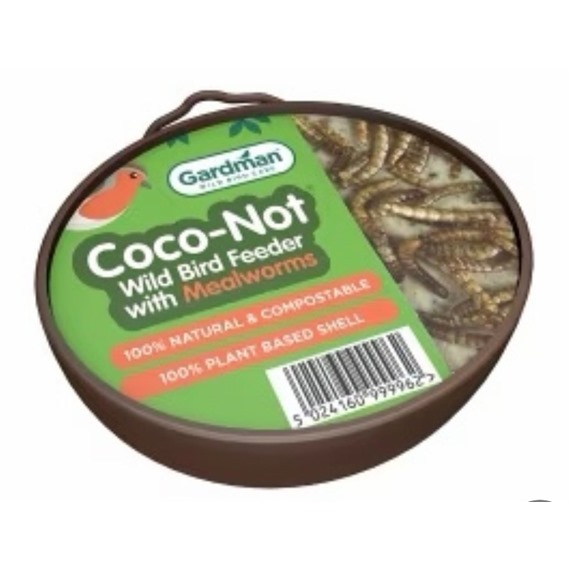 Gardman Coco-Not® Wild Bird Feeder with Mealworms Single
Gardman Coco-Not® Wild Bird Feeder with Mealworms Single 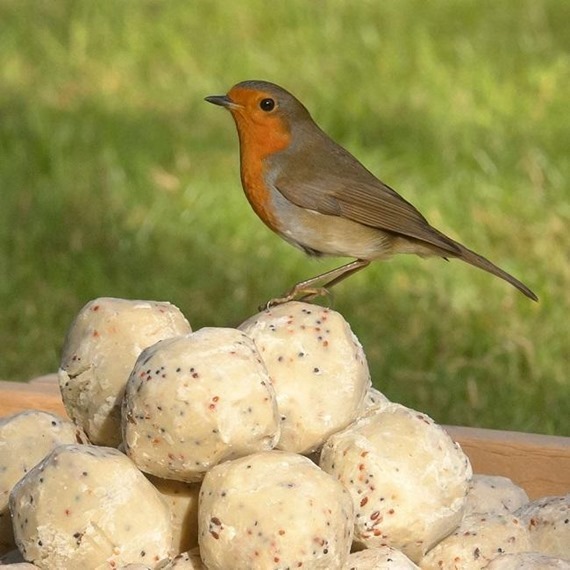 Super Suet Fat Balls - With Insect
Super Suet Fat Balls - With Insect 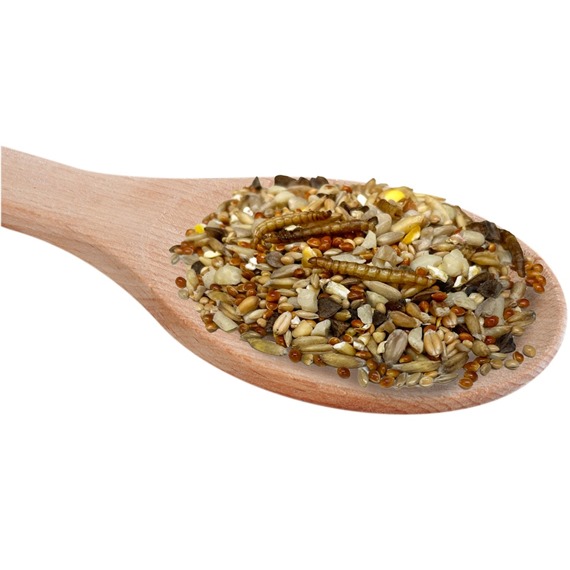 Sparrow Seed Mix™
Sparrow Seed Mix™ 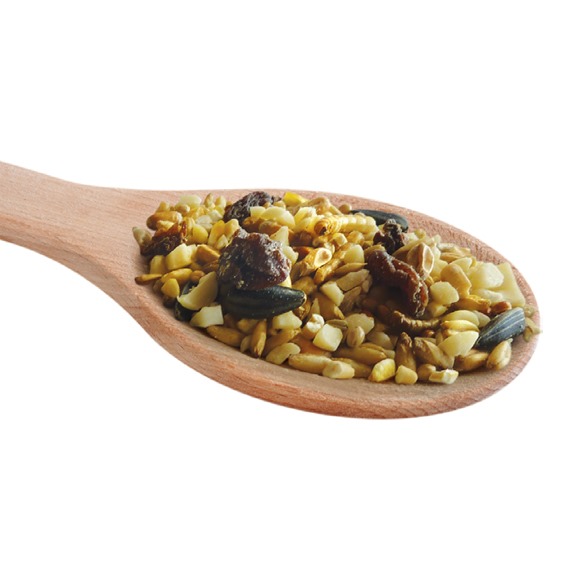 Bird Cake Mix
Bird Cake Mix 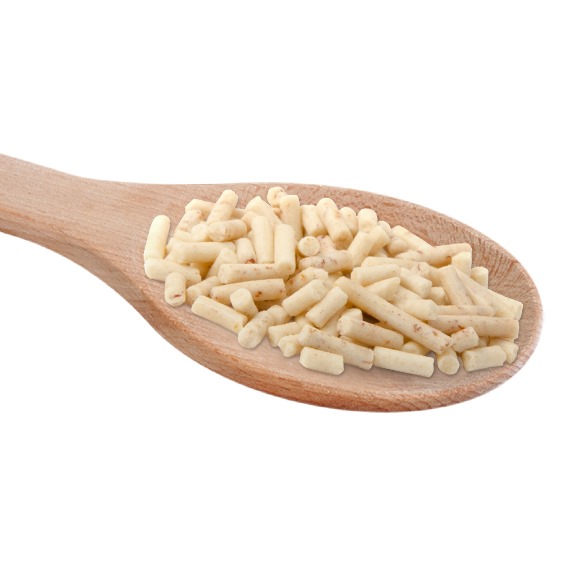 Mealworm Suet Pellets
Mealworm Suet Pellets 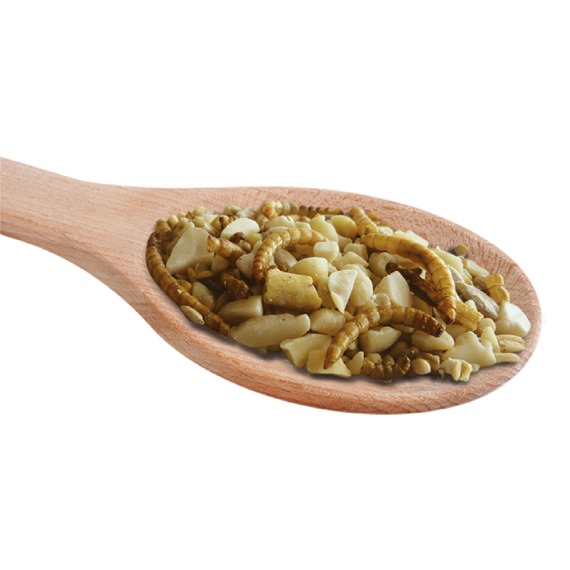 Deluxe Robin Crumble™
Deluxe Robin Crumble™ 
